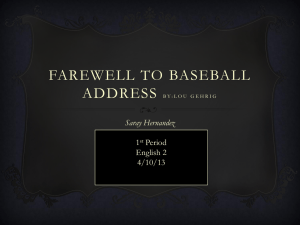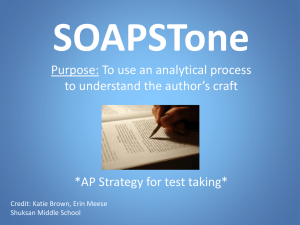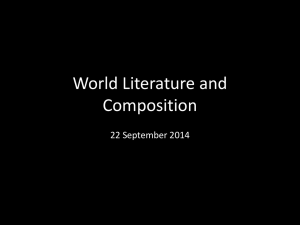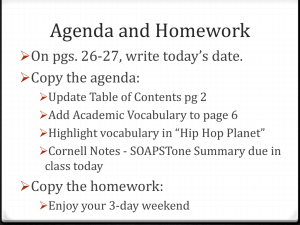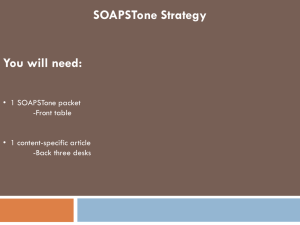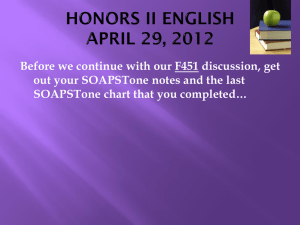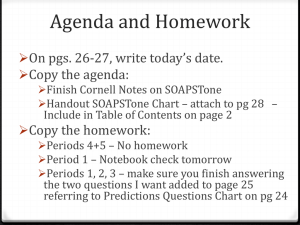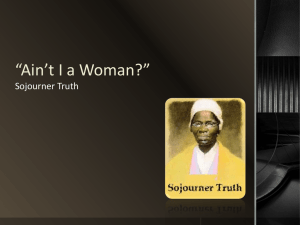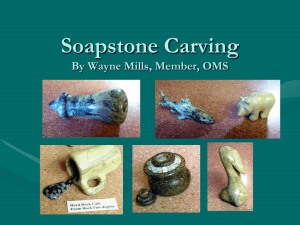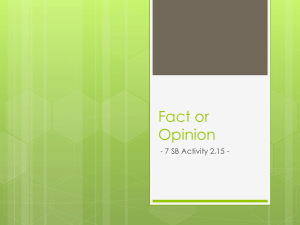Let teenagers try adulthood
advertisement
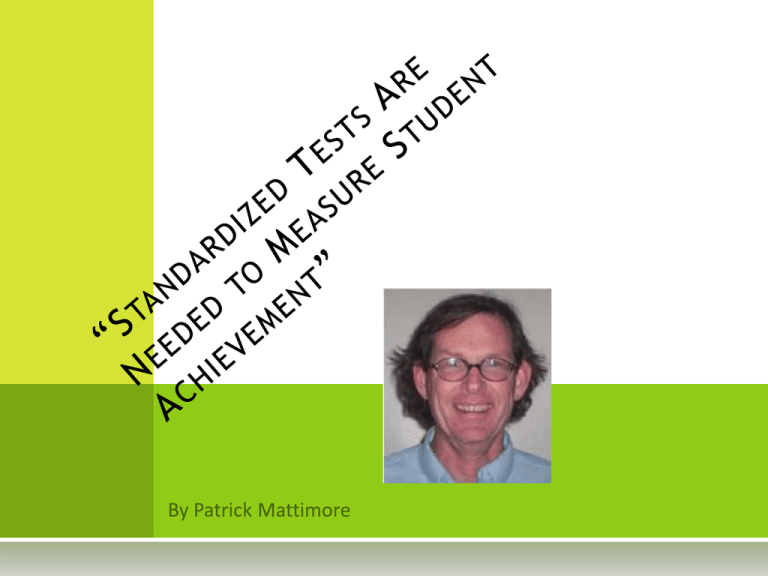
Let’s SOAPSTone! • Speaker Who is the voice that tells the story? Let’s SOAPSTone! Occasion (Motivation) • What is the time and place of the piece – the context that encouraged the writing to happen? • Why was the author motivated to write this? Let’s SOAPSTone! • Audience Who is the audience – the (group) of readers to whom this piece of directed? Let’s SOAPSTone! Purpose • Why was this text written? • “What does the speaker want the audience to think or do as a result of reading this text?” Let’s SOAPSTone! • Subject What are the general topic, content, and ideas contained in the text? Let’s SOAPSTone! • Tone What is the attitude of the author? Let’s SOAPSTone! • Speaker Who is the voice that tells the story? Let’s SOAPSTone! Occasion (Motivation) • What is the time and place of the piece – the context that encouraged the writing to happen? • Why was the author motivated to write this? Let’s SOAPSTone! • Audience Who is the audience – the (group) of readers to whom this piece of directed? Let’s SOAPSTone! Purpose • Why was this text written? • “What does the speaker want the audience to think or do as a result of reading this text?” Let’s SOAPSTone! • Subject What are the general topic, content, and ideas contained in the text? Let’s SOAPSTone! • Tone What is the attitude of the author? Socratic Seminar! Dialogue versus debate **The purpose of Socratic Seminar is to expand our ideas and engage in dialogue, not to debate and try to come to a conclusion Dialogue is… Debate is… • About proving others wrong • Close-minded • About defending beliefs/assumptions Keeping an open mind • About respecting participants Belittling or demeaning others • Having one right answer • Collaborative • About understanding • Listening for deeper meaning • • The texts • Chosen for richness in ideas, issues, and values • Used to stimulate conversation • Raises important questions The questions • No right/wrong answers • Leads back to the text to evaluate, speculate, define, and clarify issues • Responses to questions lead to more questions! The participants • Listen actively • Share your ideas and questions in response to the ideas and questions from others • Use evidence in the text to support your ideas Socratic Seminar Group Guidelines Listen No one can speak while someone else is speaking. Build Speakers must try to build on what others say, not debate their views. Refer to the Text Speakers must refer directly to the section of the text from which their ideas come rather than making general comments or observations. D ISCUSSION DEBRIEF • What ideas did you agree with? • What ideas did you disagree with? • What questions were left unanswered? • What did you contribute to the discussion? • Who were the top three contributors to the discussion? • What is your overall evaluation of the seminar? R EFERENCES http://techpenta.com/hospital/monty-neill http://attheagora.blogspot.com/2009/11/figure-drawing-from-1990s.html http://www.gradethenews.org/commentaries/fairtrials.htm

